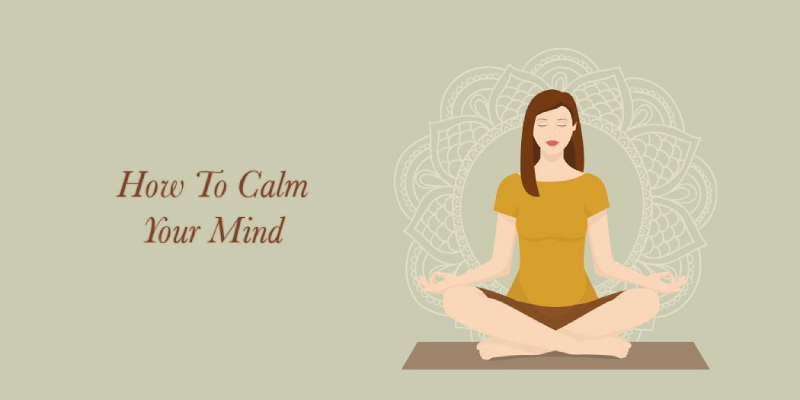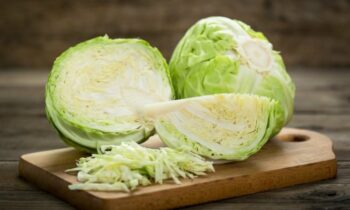World Mental Health Day in 2022: Here are some everyday lifestyle adjustments based on yoga and ayurveda that can raise our happiness levels and reduce stress.

The spotlight is once again on mental health, one of the most neglected facets of our daily lives, in anticipation of World Mental Health Day (October 10). The purpose of the day is to promote mental health awareness throughout the world and to mobilise support for those dealing with mental health challenges. Our mental health may be severely impacted by our hectic lifestyles, juggling various responsibilities, and lack of time with loved ones. As a result of the combination of all these problems, we may be more prone to depression, anxiety, and other related problems. The answer may lie in making some everyday, enduring modifications to our way of life that will improve our level of happiness and reduce our stress levels.
“Your mental health can be improved by making lifestyle adjustments based on ayurveda and yoga. These sibling sciences have their roots in India and date back thousands of years. These ancient disciplines respect people as unique individuals because they recognise everyone’s intrinsic uniqueness. If you’ve ever been to an ayurvedic doctor, you’re probably familiar with the diagnostic process, which includes a pulse reading, examination of the eyes, tongue, and body structure. Whether you realise it or not, a good ayurvedic doctor—or even a yoga therapist, for that matter—is also assessing your speech and behaviour and may even inquire about your dreams and thoughts. All of this is done to comprehend your “Prakrit” or Nature and offer remedies, treatments, or preventions “explains Mihir Jogh, a yoga instructor and the owner of JogaShala.
Jogh offers the following examples of how yoga and ayurveda might improve mental health:
Routine: Establishing a daily routine, or “Dincharya,” which includes rising early to do yoga or exercise, allocating ample time for rest, recreation, and thought, and going to bed at a reasonable hour. Although we now refer to this as wellness or setting limits, it was simply a normal aspect of life for our grandparents and other older generations.
Daily efforts to find harmony and alignment with nature can greatly reduce stress and self-inflicted strain. Similar to daily routine, it’s vital to adjust our lifestyle, food, and other habits based on seasonal changes. For instance, taking a nap during a long summer day might help you stay alert and prevent exhaustion, but taking the same nap in the winter can make you feel drowsy and unfocused.
Diet: We frequently overlook how closely our mental health and intestinal health are related. Diet must be modified in accordance with each person’s unique requirements and any imbalances they may be experiencing. For someone who experiences “Vata” imbalances such as insomnia, a lack of sleep, or nerve disorders, nourishing meals are preferable. While someone who is melancholy due to a “Kapha” imbalance might benefit from a lighter yet flavorful supper with spices. A calming meal is advised for a pitta-aggravated or anxious state.
Eating locally, seasonally, and at the appropriate time is crucial, as is being aware of dietary intolerances and potentially dangerous food combinations. There are numerous herbs in our kitchen that can be utilised to treat and ward off minor ailments.
Beyond and Yoga: Yogasana is employed in the treatment and prevention of mental illness. You can select a type of physical asana practise based on your needs, including your age, metabolism, stage of life, and any imbalances you may be experiencing. Yoga can be adjusted and modified to suit the individual, unlike most other physical activities and exercises, which can be rather general. This is why it differs from most other physical activities and exercises.
Asana is a physical exercise that aids in the release of physical tension, improves the flow of energy through the body, releases feel-good hormones, and helps us connect to and root in our bodies. Most persons who have mental health problems are frequently dissociated from their body and absent.
Yoga for anxiety reduction
Since yoga and ayurveda cover such a wide range of practises and a way of life, there is something for everyone to learn and adapt to meet their modern-day needs. Active practises are for people with mental inertia, grounding practises are for people who are restless and anxious, and cooling, calming practises are for people who are agitated. Your mind, body, and spirit require whatever it is that you are least receptive to. Walking barefoot on grass or in the open air can instantly improve your attitude.
“Living in harmony with nature and its requirements will enable you to live a balanced, contented existence. Energy or soul matter are the only things that last forever; all other things are transient. We can all learn how to take care of it and maintain it “declaring Mihir Jogh.



